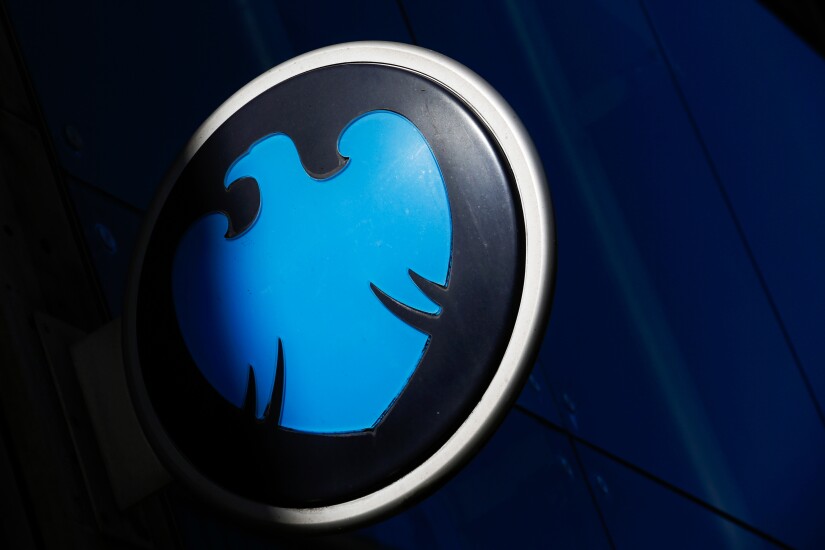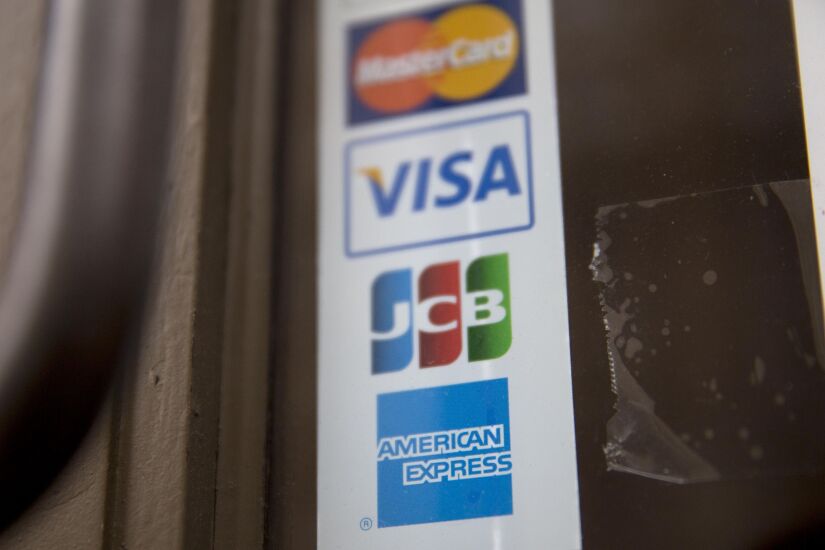In global news this week, Apple may bring its card to the U.K. but faces backlash in the Netherlands; Japan's JCB is launching a travel card in India; banks drop from the European Payments Initiative; and more.
Here's what's happening around the world.













